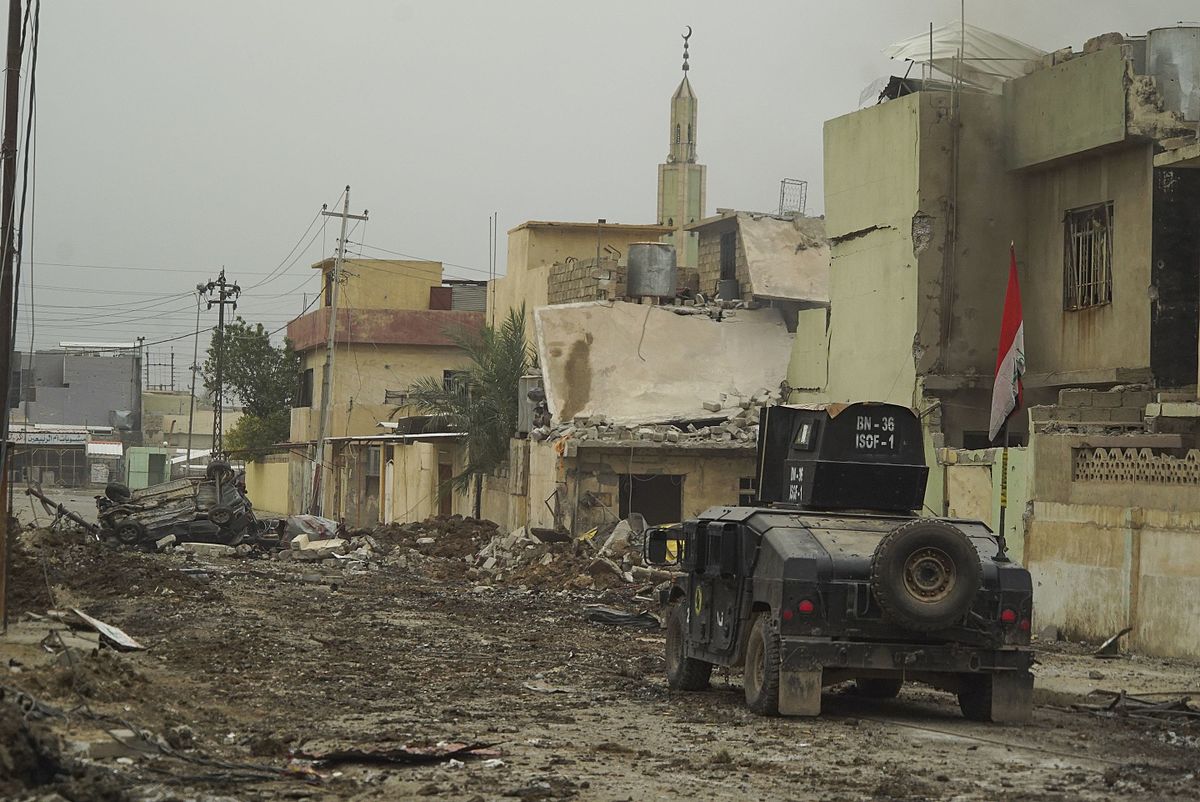
War in Iraq
IraqThe War in Iraq from 2013 to 2017 was a critical phase in the country's recent history, characterized by the rise and fall of the Islamic State of Iraq and Syria (ISIS) and the involvement of international coalitions. In early 2013, escalating tensions and growing dissatisfaction among the Sunni population led to widespread protests against the Shia-led government. These protests were often met with force, deepening sectarian divisions.
The turning point came in June 2014 when ISIS, a radical Islamist group, seized Mosul, Iraq's second-largest city. This event marked a significant expansion of ISIS, which declared a caliphate in areas under its control in Iraq and Syria. The fall of Mosul was followed by the capture of other key cities, including Tikrit and Fallujah.
In response to ISIS's rapid territorial gains, the Iraqi government, led by Prime Minister Haider al-Abadi, sought international assistance. The United States, forming an international coalition, initiated airstrikes against ISIS targets in August 2014. These efforts were complemented by ground operations from Iraqi forces, Kurdish Peshmerga fighters, and Shia militias, often supported by Iran.
A pivotal event in the conflict was the Battle of Ramadi (2015-2016), a major counteroffensive by Iraqi forces to recapture the city from ISIS. This victory was a turning point in weakening ISIS's grip on Iraq.
In 2016, the focus shifted to Mosul. The Battle of Mosul, which began in October 2016 and lasted until July 2017, was one of the largest and most significant military operations against ISIS. Iraqi forces, backed by the U.S.-led coalition and Kurdish fighters, faced fierce resistance but eventually succeeded in liberating the city.
Throughout the conflict, the humanitarian crisis escalated. Millions of Iraqis were displaced, and there were widespread reports of atrocities committed by ISIS, including mass executions and genocide against Yazidis and other minorities.
The war formally ended in December 2017, when Prime Minister Haider al-Abadi declared victory over ISIS. However, despite losing territorial control, ISIS continued to pose a threat through insurgency tactics and terrorist attacks. The war's aftermath left Iraq facing immense reconstruction challenges, sectarian tensions, and political instability.
